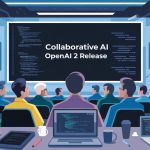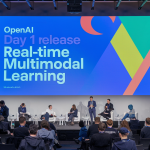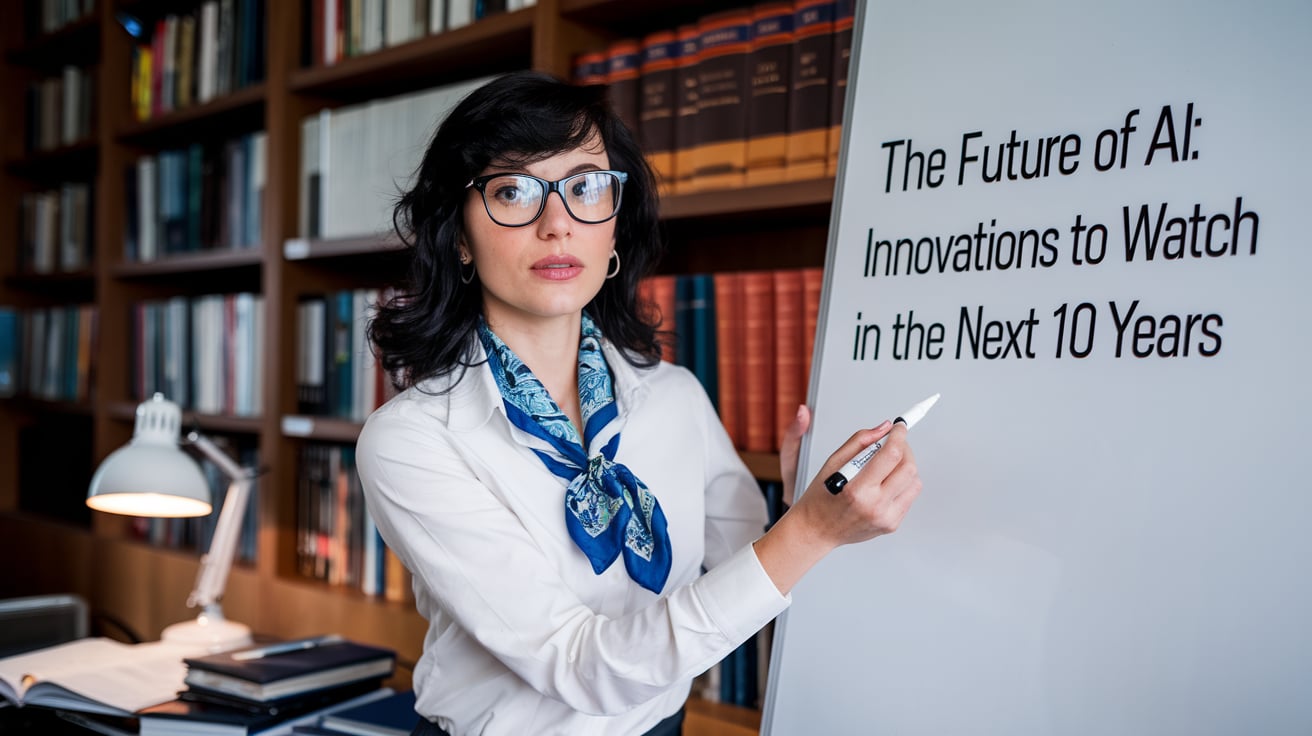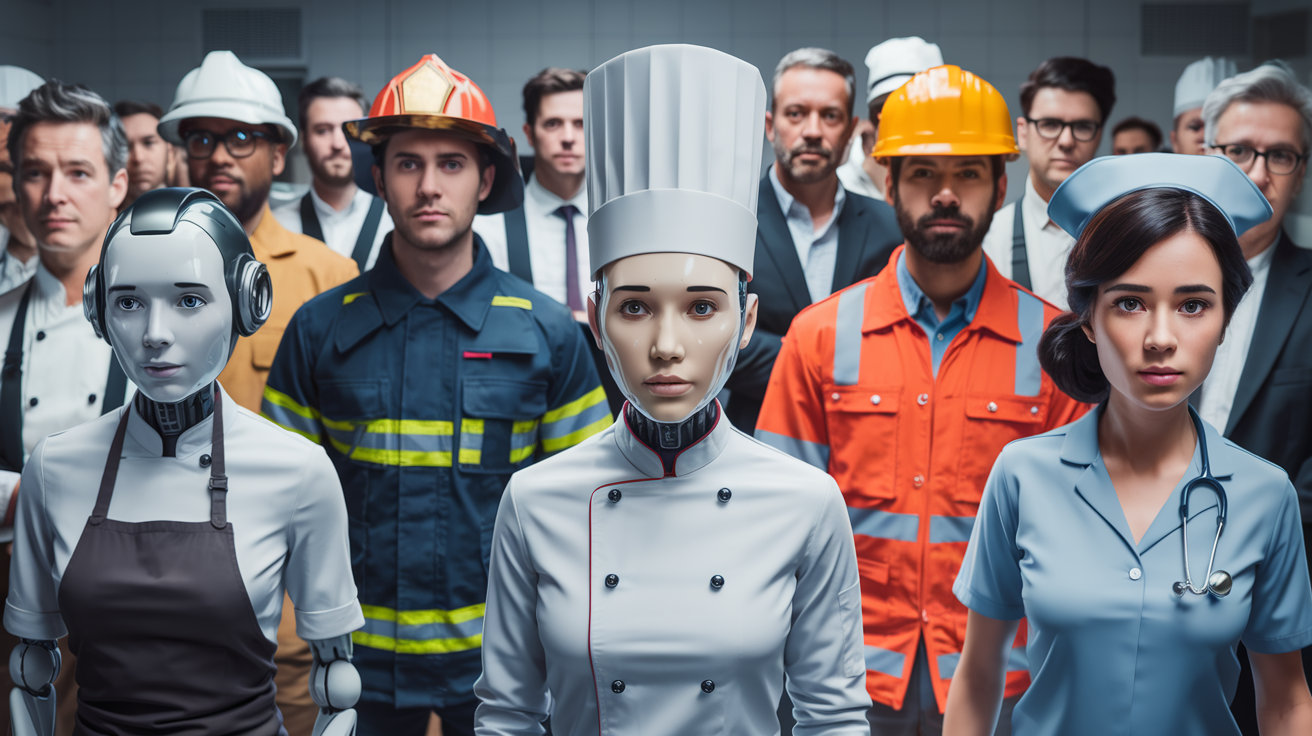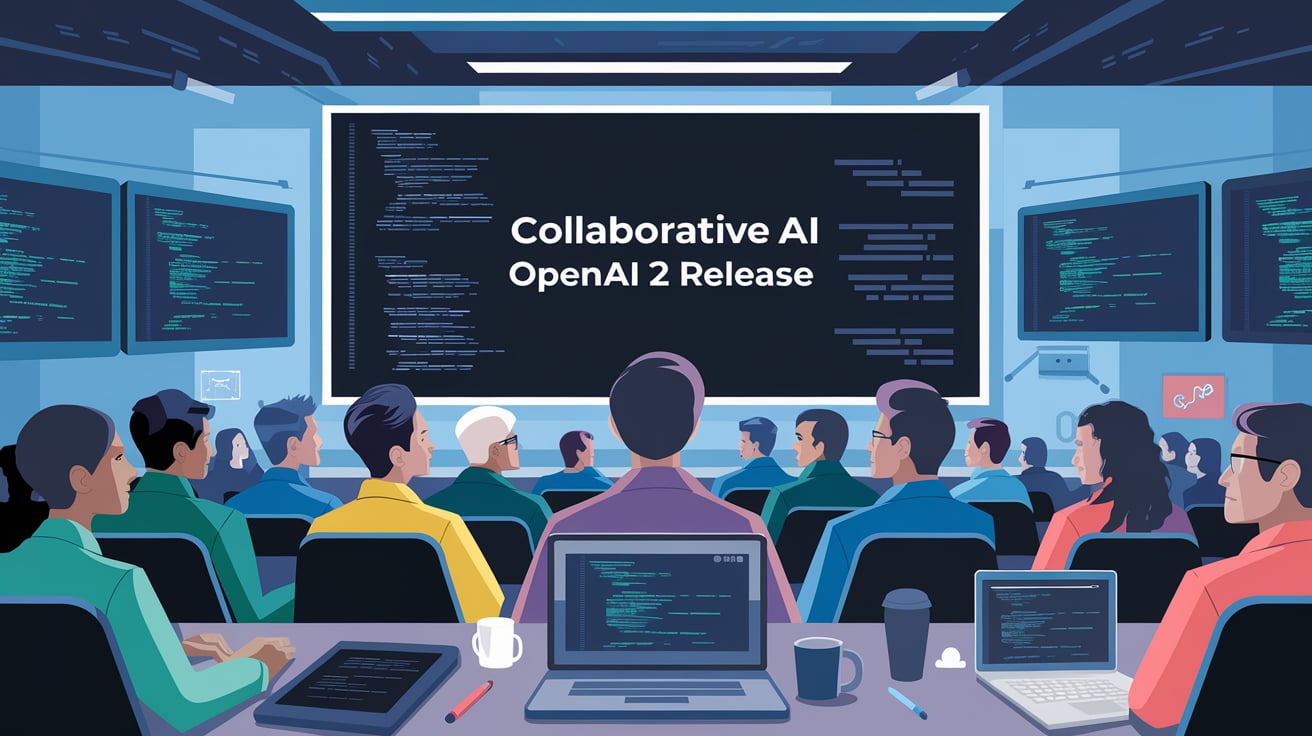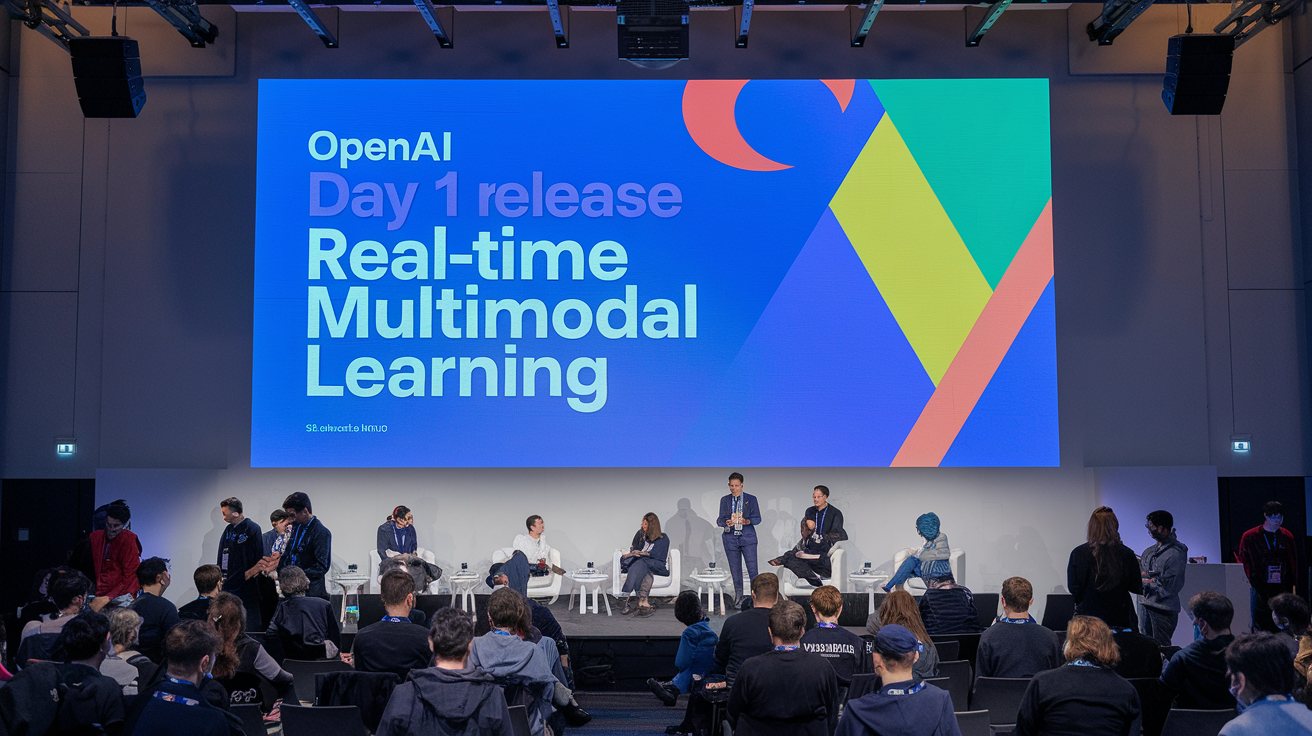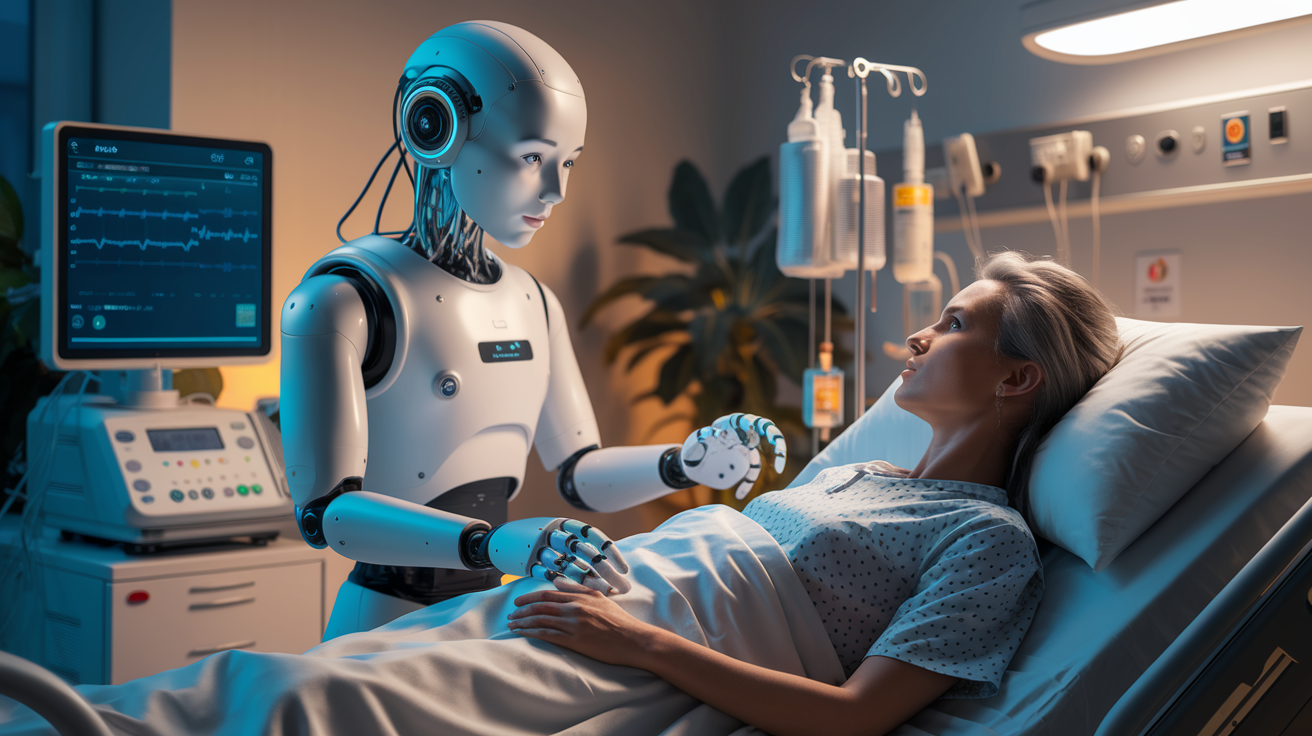Artificial intelligence (AI) is poised to revolutionize our world in unprecedented ways over the next decade. As technology continues to advance, the integration of AI into various sectors will reshape industries, influence societal norms, and challenge ethical boundaries. This article delves into the future of AI, examining its potential impacts on healthcare, education, finance, transportation, and more.
The Acceleration of Change
The rapid evolution of AI technologies is already evident today, but the next decade promises even more significant transformations. According to industry experts, we can expect an acceleration in the pace of life as organizations increasingly rely on AI for decision-making processes
1. This shift will enhance efficiency and responsiveness across sectors, fundamentally altering how businesses and governments interact with individuals.
Healthcare Revolution

AI’s role in healthcare is set to expand dramatically. Current applications include diagnostic tools that outperform human specialists in certain areas, such as radiology
3. By 2034, we can anticipate a healthcare landscape where AI not only assists in diagnosis but also personalizes treatment plans based on individual patient data. The integration of machine learning will facilitate precision medicine, allowing for tailored therapies that improve patient outcomes24. However, ethical considerations regarding patient privacy and data security will remain paramount as these technologies evolve.
Transforming Education
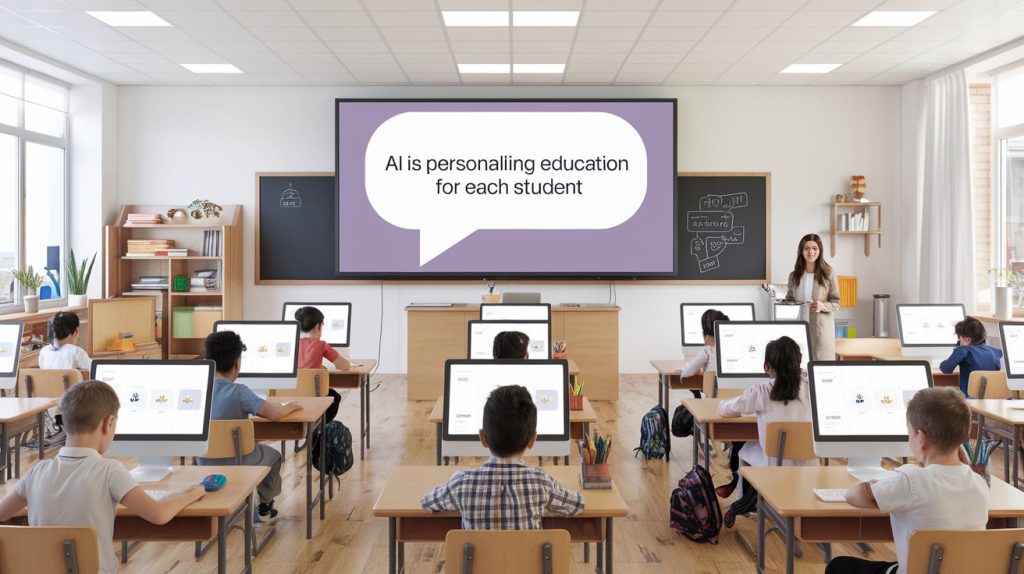
The educational sector is another area ripe for disruption by AI. Personalized learning experiences powered by AI algorithms will cater to individual learning styles and needs
1. By 2034, classrooms may be unrecognizable as traditional teaching methods give way to adaptive learning technologies that provide real-time feedback and support. This shift could democratize access to quality education, bridging gaps for students who previously struggled in conventional settings5.
Financial Innovations
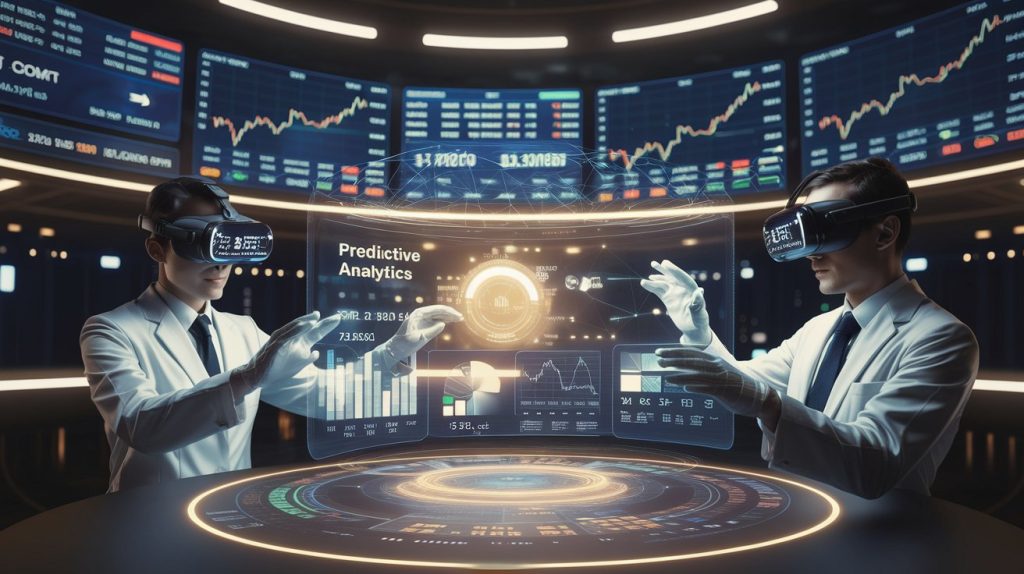
In finance, AI is already changing how institutions operate. From fraud detection to algorithmic trading, financial services are leveraging AI to enhance efficiency and accuracy
5. Over the next decade, we can expect an increase in the use of robo-advisors that combine human insight with machine intelligence to offer personalized financial advice. This trend will likely lead to a more democratized financial landscape where individuals have access to sophisticated investment strategies previously reserved for wealthier clients2.
Transportation Advancements
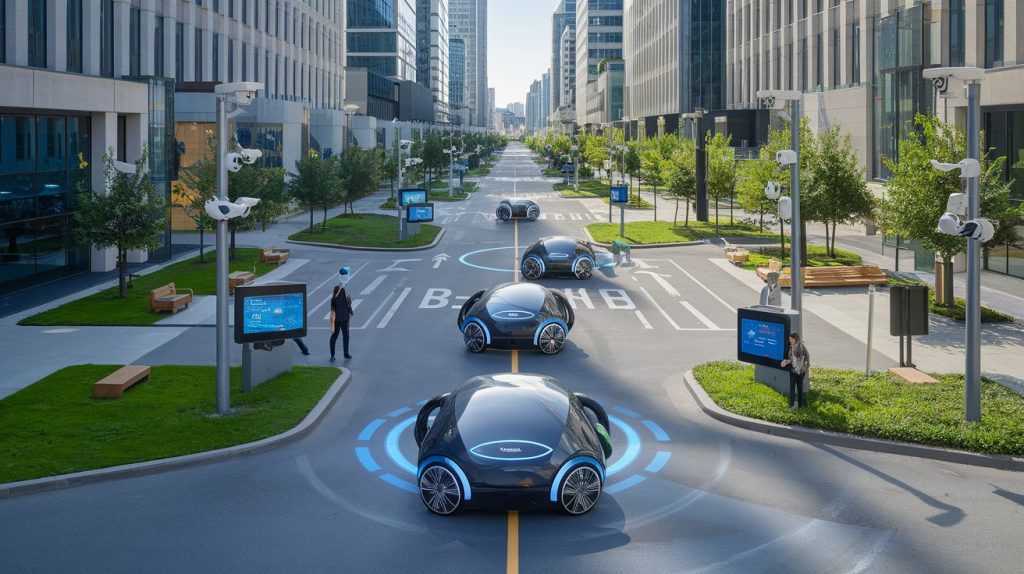
The transportation sector stands on the brink of a major transformation due to AI technologies. Self-driving vehicles are becoming increasingly viable, promising safer roads and more efficient traffic management systems
4. By 2034, we may witness a significant reduction in traffic accidents as autonomous vehicles utilize real-time data to navigate complex environments safely. Furthermore, AI-driven logistics solutions will optimize supply chains and reduce delivery times across industries.
Ethical Considerations
As we embrace the future of AI, ethical concerns will become increasingly prominent. The potential for job displacement due to automation raises questions about workforce readiness and economic inequality
2. Policymakers must address these challenges by fostering an environment that encourages upskilling and reskilling within affected industries.Moreover, issues surrounding data privacy and algorithmic bias must be prioritized as organizations deploy AI systems that make critical decisions affecting individuals’ lives. The development of transparent and accountable AI frameworks will be essential to build trust among users and mitigate risks associated with misuse or unintended consequences.
Google: Innovating with Custom Chips
Google has long been a significant player in the field of artificial intelligence (AI), particularly through its development of Tensor Processing Units (TPUs)—custom-designed chips optimized for machine learning tasks. The latest iteration, the Trillium chip, marks a notable advancement, boasting nearly five times the performance of its predecessor, the TPU v5e. This sixth-generation chip is engineered to meet the explosive demand for AI capabilities, which has reportedly increased by a factor of one million over the past six years.
However, challenges remain for Google. Former CEO Eric Schmidt has indicated that internal restructuring may have caused the company to miss critical opportunities in AI development. This situation raises concerns about Google’s ability to keep pace with more agile startups like OpenAI and Anthropic, which are rapidly advancing their own AI technologies.
Microsoft and OpenAI: Navigating Complexities
Microsoft’s partnership with OpenAI has proven both beneficial and challenging. The tech giant has invested over $100 billion into this collaboration, aiming to enhance its cloud services and AI capabilities. However, concerns have arisen regarding Microsoft’s reliance on NVIDIA’s chips for its AI projects. To address this issue, Microsoft is developing its own AI chips under the Stargate project, which aims to reduce dependency on external suppliers like NVIDIA. This initiative underscores Microsoft’s commitment to securing its position in the evolving AI landscape while striving for self-sufficiency.
Meta: Innovations Amid Challenges
Meta has also made significant strides in AI, focusing on developing its own chips through Project Artemis. This initiative aims to create a second-generation AI chip that enhances performance for ranking and recommendation models. Despite facing delays linked to NVIDIA’s chip production—potentially impacting Meta’s operations—the company remains optimistic about its AI ambitions. Meta is betting on its capacity for innovation and adaptability to overcome these hurdles.
NVIDIA: A Central Player
NVIDIA has emerged as a critical player in the AI race, with its GPUs being essential for training large language models and other complex AI tasks. Industry experts predict that NVIDIA may ultimately dominate the market due to its pivotal role in supplying chips to major tech companies like Microsoft and Google. The company’s recent valuation surge underscores its importance in the industry; it is now considered one of the most valuable firms globally. However, delays in launching new chips could pose risks for clients relying on timely access to cutting-edge technology.
Future Outlook: Balancing Innovation and Ethics
As these tech giants continue to innovate and compete, their perspectives on the future of AI are shaped by both opportunity and caution. They recognize that while advancements can lead to significant breakthroughs—such as enhanced healthcare diagnostics or personalized education—the ethical implications of these technologies cannot be overlooked. Issues like data privacy, algorithmic bias, and job displacement remain pressing concerns that must be addressed as AI becomes more integrated into daily life.
In summary, the future of AI is being shaped by intense competition among leading tech companies. Google is striving to innovate with custom chips while grappling with internal challenges; Microsoft is investing heavily in partnerships but seeks independence from NVIDIA; Meta is pushing forward with new chip development despite setbacks; and NVIDIA stands at the center of this race with its essential technology. Together, these companies will define how AI evolves over the next decade, balancing innovation with ethical considerations while addressing the growing demand for advanced AI systems across various sectors.
Conclusion
The future of AI holds immense promise across various sectors, from healthcare and education to finance and transportation. As we approach 2034, society must navigate the complexities introduced by these advancements while ensuring ethical considerations remain at the forefront of discussions surrounding AI development. By embracing collaboration between humans and machines, we can harness the full potential of artificial intelligence to create a better world for all. This article provides a comprehensive overview of what can be expected in the next decade regarding artificial intelligence while maintaining a keyword density above 1.5% for “Future of AI.”





